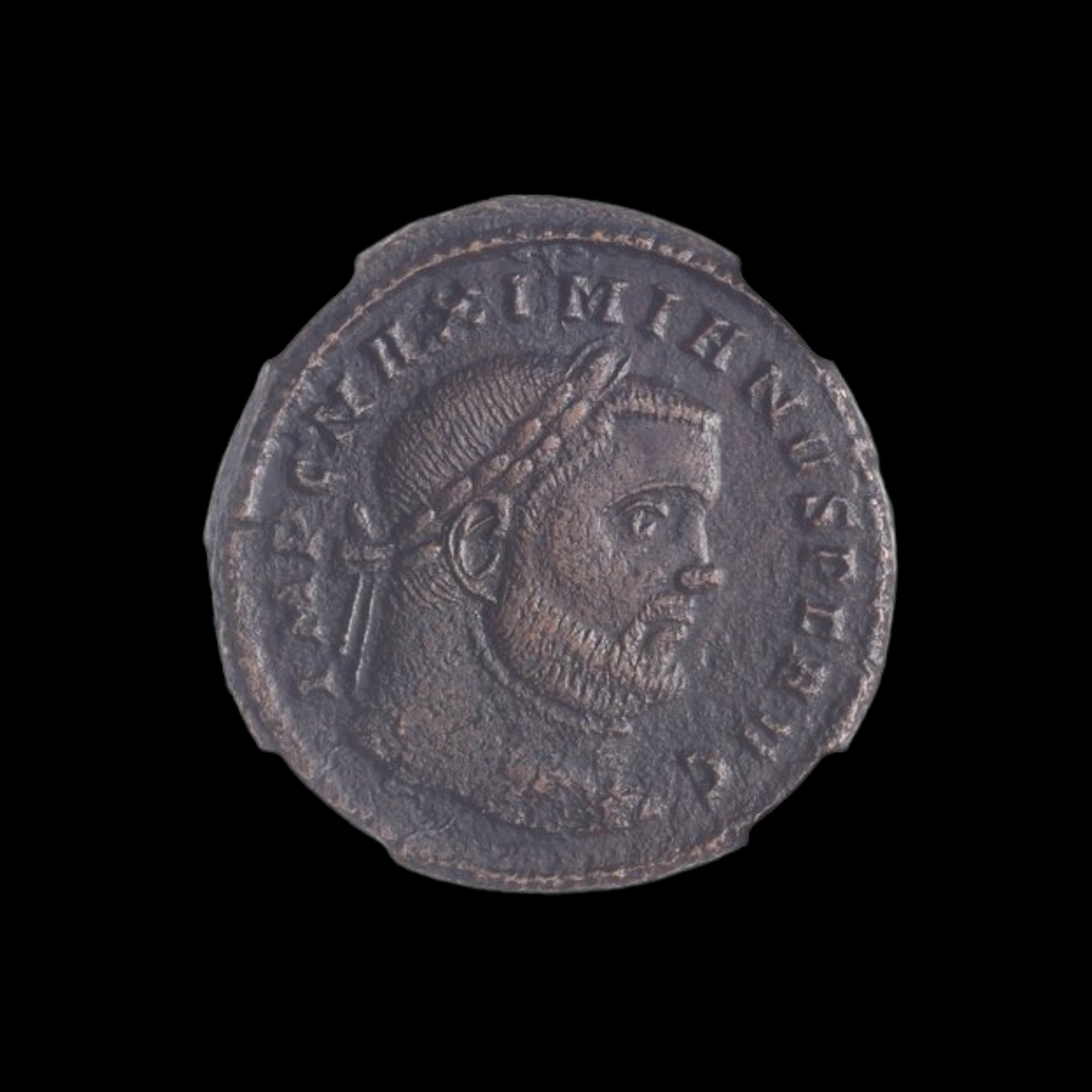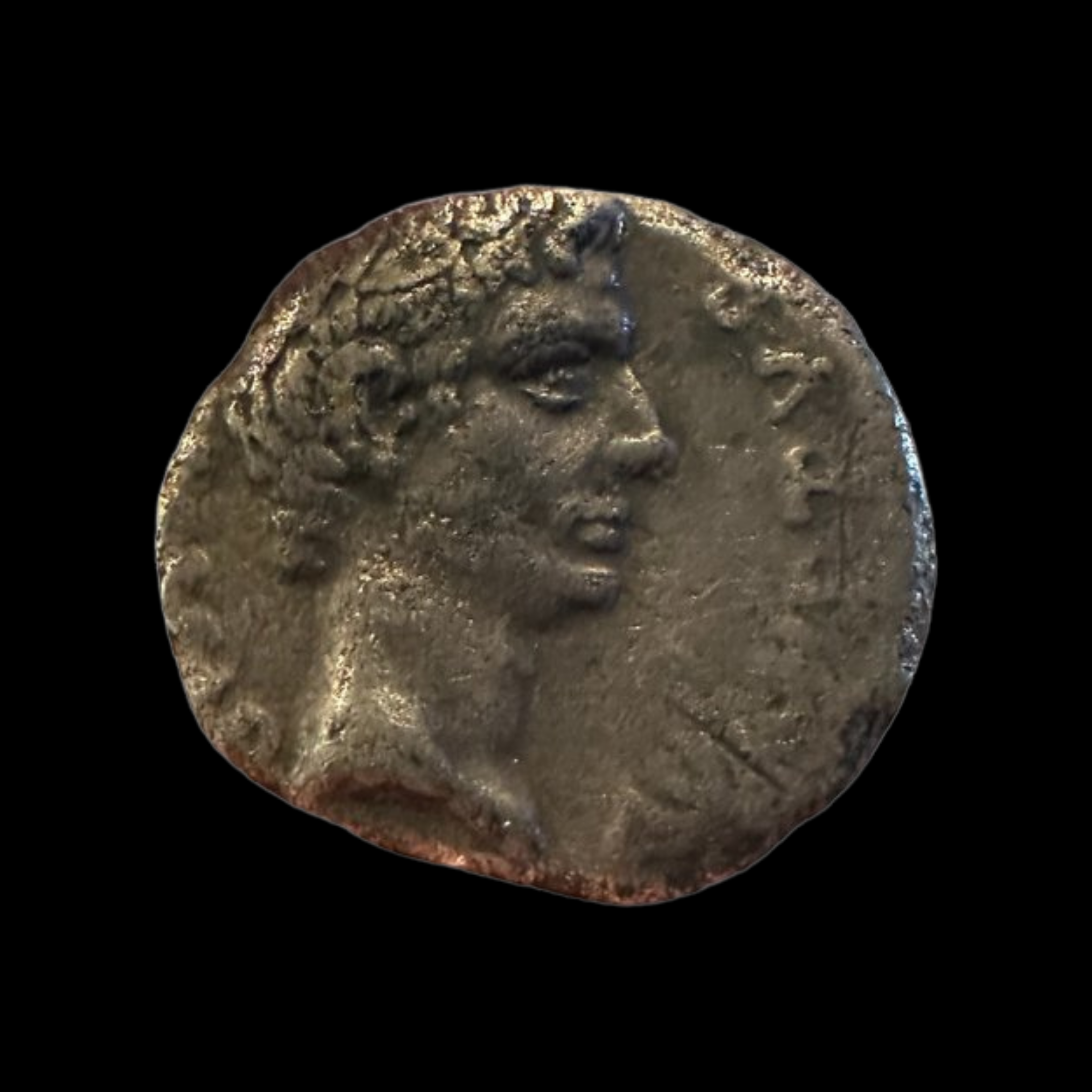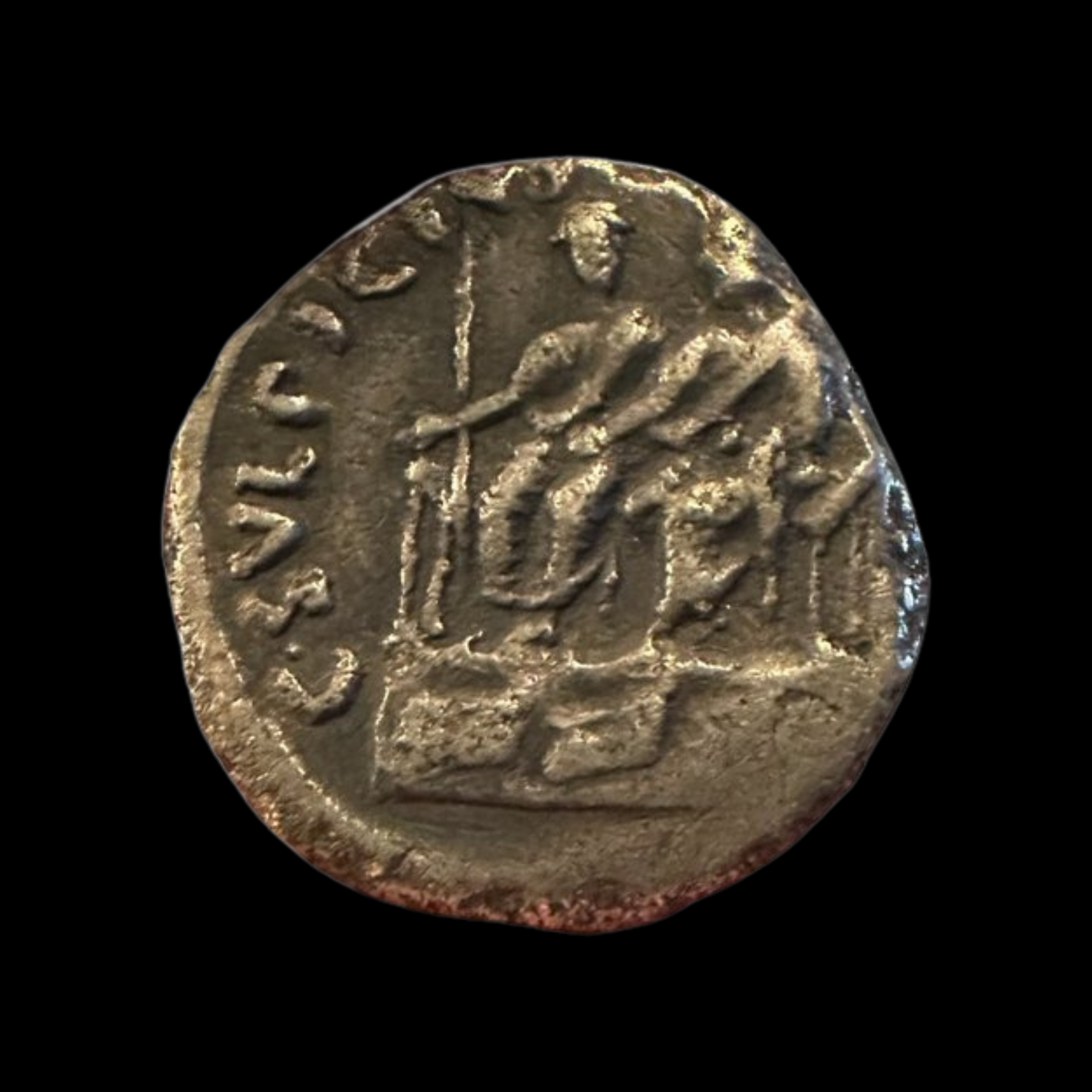Roman Coin of Julian II as Augustus (about 1660 years ago)
An important bronze issue from the brief but intellectually significant reign of Rome's last pagan emperor, known for his philosophical writings and religious reforms.
Front side (obverse): Portrait of Emperor Julian II with imperial crown
Back side (reverse): Roman imperial symbols and inscriptions
Technical specifications: Bronze coin, NGC certified
Historical significance: Known as "Julian the Apostate" by early Christians, Julian II was the last pagan emperor of Rome. He was also recognized as a notable scholar and philosopher who attempted to restore traditional Roman religious practices after a period of Christian imperial rule.
An important bronze issue from the brief but intellectually significant reign of Rome's last pagan emperor, known for his philosophical writings and religious reforms.
Front side (obverse): Portrait of Emperor Julian II with imperial crown
Back side (reverse): Roman imperial symbols and inscriptions
Technical specifications: Bronze coin, NGC certified
Historical significance: Known as "Julian the Apostate" by early Christians, Julian II was the last pagan emperor of Rome. He was also recognized as a notable scholar and philosopher who attempted to restore traditional Roman religious practices after a period of Christian imperial rule.
An important bronze issue from the brief but intellectually significant reign of Rome's last pagan emperor, known for his philosophical writings and religious reforms.
Front side (obverse): Portrait of Emperor Julian II with imperial crown
Back side (reverse): Roman imperial symbols and inscriptions
Technical specifications: Bronze coin, NGC certified
Historical significance: Known as "Julian the Apostate" by early Christians, Julian II was the last pagan emperor of Rome. He was also recognized as a notable scholar and philosopher who attempted to restore traditional Roman religious practices after a period of Christian imperial rule.










































